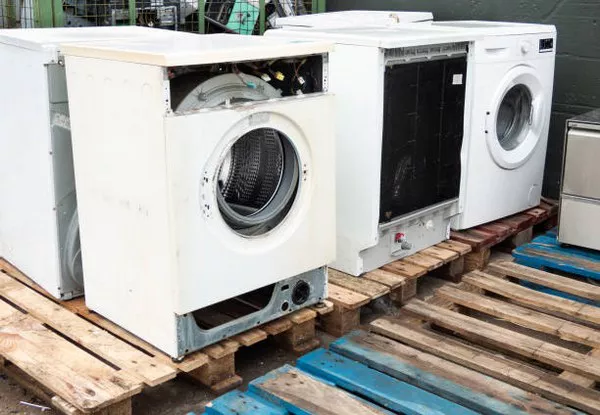When it comes to emergency preparedness or off-grid living, having a reliable power source is crucial. In such scenarios, a generator can be a lifesaver, providing electricity to essential appliances like refrigerators. However, determining the right size generator to run a refrigerator efficiently requires careful consideration of various factors. In this article, we’ll delve into the considerations involved in selecting the appropriate generator size for your refrigerator.
Understanding Power Requirements
Refrigerator Power Consumption
Before selecting a generator, it’s essential to understand the power consumption of your refrigerator. Refrigerators typically consume varying amounts of power depending on factors such as size, age, and efficiency. On average, a standard household refrigerator consumes between 100 to 800 watts of electricity per hour. To determine the exact power consumption of your refrigerator, refer to the appliance’s manual or check the label inside the refrigerator.
Starting Surge
One crucial consideration when sizing a generator for a refrigerator is the starting surge or initial power required to start the appliance’s compressor. When a refrigerator initially starts, it requires significantly more power than during normal operation. This starting surge can be two to three times the appliance’s running wattage. Therefore, the generator must be able to handle this surge without overloading.
Calculating Generator Size
Running Wattage Calculation
To determine the generator size needed to run a refrigerator, start by identifying the appliance’s running wattage. This is the amount of power the refrigerator consumes during normal operation. As mentioned earlier, it typically falls within the range of 100 to 800 watts. Once you have this figure, you can move on to calculating the total power requirements.
Accounting for Starting Surge
In addition to the running wattage, you need to account for the starting surge when sizing the generator. As a rule of thumb, multiply the refrigerator’s running wattage by two or three to estimate the starting surge. For example, if your refrigerator consumes 200 watts during normal operation, the starting surge could be between 400 to 600 watts.
Total Power Requirement
To calculate the total power requirement for running a refrigerator with a generator, add the running wattage to the estimated starting surge. Using the example above, if the running wattage is 200 watts and the starting surge is estimated at 600 watts, the total power requirement would be 800 watts.
Generator Sizing Guidelines
Consider Other Appliances
When sizing a generator for your refrigerator, consider other essential appliances you may want to power simultaneously during an outage. These could include lights, fans, or a microwave oven. Make a list of all the appliances you intend to power and their respective power requirements to determine the total load on the generator.
Allow for Future Needs
It’s advisable to choose a generator with a capacity slightly higher than your current requirements to accommodate any future additions or changes in power needs. Opting for a generator with some extra capacity provides a buffer and ensures that you won’t overload the system when adding more appliances in the future.
Check Generator Specifications
When selecting a generator, carefully review the manufacturer’s specifications to ensure it can handle the total power requirement calculated earlier. Look for the generator’s rated wattage and its surge or starting wattage capacity. Ensure that the generator’s starting wattage exceeds the estimated starting surge of your refrigerator and other appliances.
Consider Fuel Type and Runtime
Generators are available in various fuel types, including gasoline, propane, diesel, and natural gas. Consider factors such as fuel availability, storage requirements, and runtime when choosing the appropriate fuel type for your needs. Additionally, calculate the generator’s runtime based on its fuel capacity and fuel consumption rate to ensure uninterrupted power supply during extended outages.
See Also How Much Propane To Run A Whole House Generator
Conclusion
Selecting the right size generator to run a refrigerator involves understanding the power requirements of the appliance, accounting for the starting surge, and considering other factors such as simultaneous appliance usage and future needs. By following the guidelines outlined in this article and carefully assessing your requirements, you can choose a generator that provides reliable power to your refrigerator and other essential appliances during emergencies or off-grid situations. Remember to consult with a qualified electrician or generator specialist to ensure proper installation and operation of your generator system.

